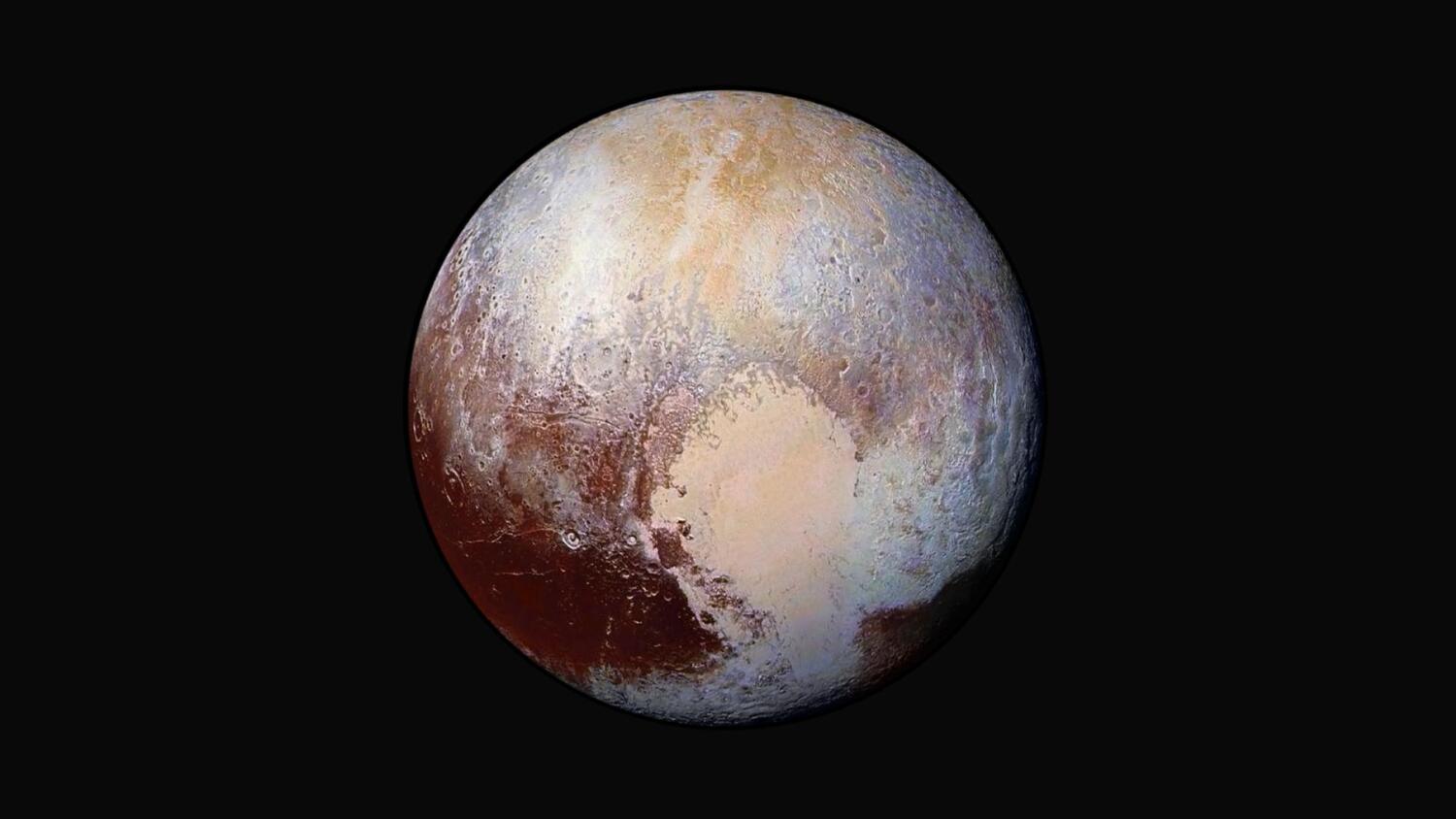
Otto Schniepp | Writer
September 20, 2022
The debate for whether or not Pluto has been a planet is a discussion that has been going on for almost two decades yet scientists have decided on their answer, classifying Pluto as a “dwarf planet.”
In August of 2006, the International Astronomical Union voted to strictly define a planet and that classification led to the downgrade for our formerly ninth planet, Pluto. Dwarf planets are defined as large round celestial bodies that orbit the sun, however, they fail to meet the criteria and specifications of being an actual planet. The criteria for determining if it’s a planet or a dwarf planet is if it has enough gravitational pull to form the planet into a spherical shape if it orbits the sun and if its gravity is strong enough to ward off any other celestial body that is around its orbital path.
Knowing this, you might think to yourself that Pluto seems to fit this fairly vague criteria. Pluto is a spherical heavenly body, it orbits the sun, and it’s the only one of its size around it. Pluto also has enough gravitational force to be able to sustain five moons. The only reason for Pluto to be considered a dwarf is that it isn’t big enough to be considered a planet. However, should we make that reason null and void because of all the other defining factors?
Physics teacher Mr. Young states that “it should be kept as a planet.” He mainly thinks this because it’s what he was taught when American astronomer Clyde Tombaugh discovered Pluto back in 1930. Mr. Young also compares the difference between a planet and a dwarf planet as “the difference between a rock and a pebble” where it is hard to determine whether or not celestial bodies are planets or dwarf planets. One of our fellow students, junior Trevor Ponsen, also definitively stated,”Pluto is a planet. Pluto was discovered as a planet so it should be kept as one.”
So, it all comes down to you. We know what the scientists think, but what do you think?

P L A N E T ….